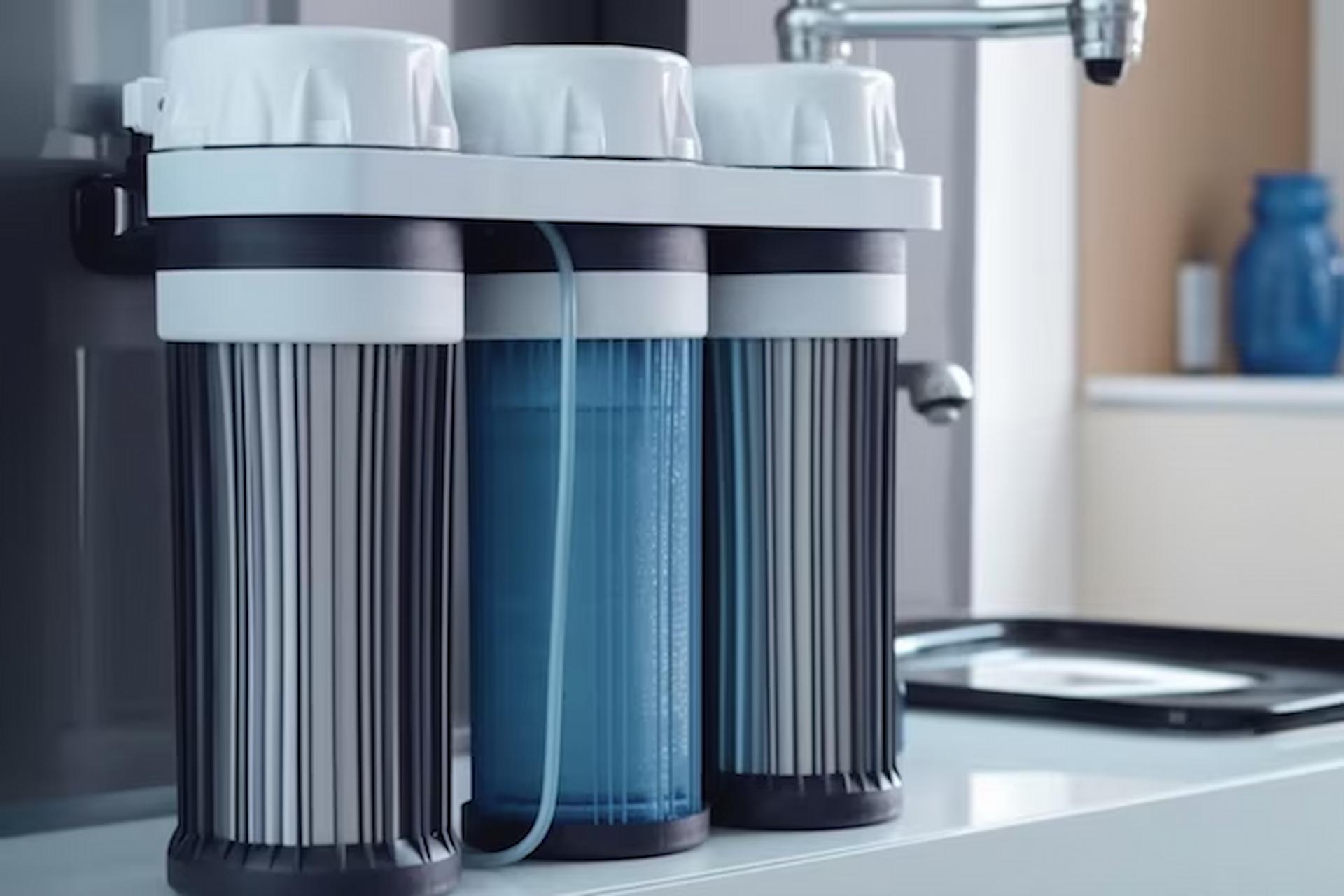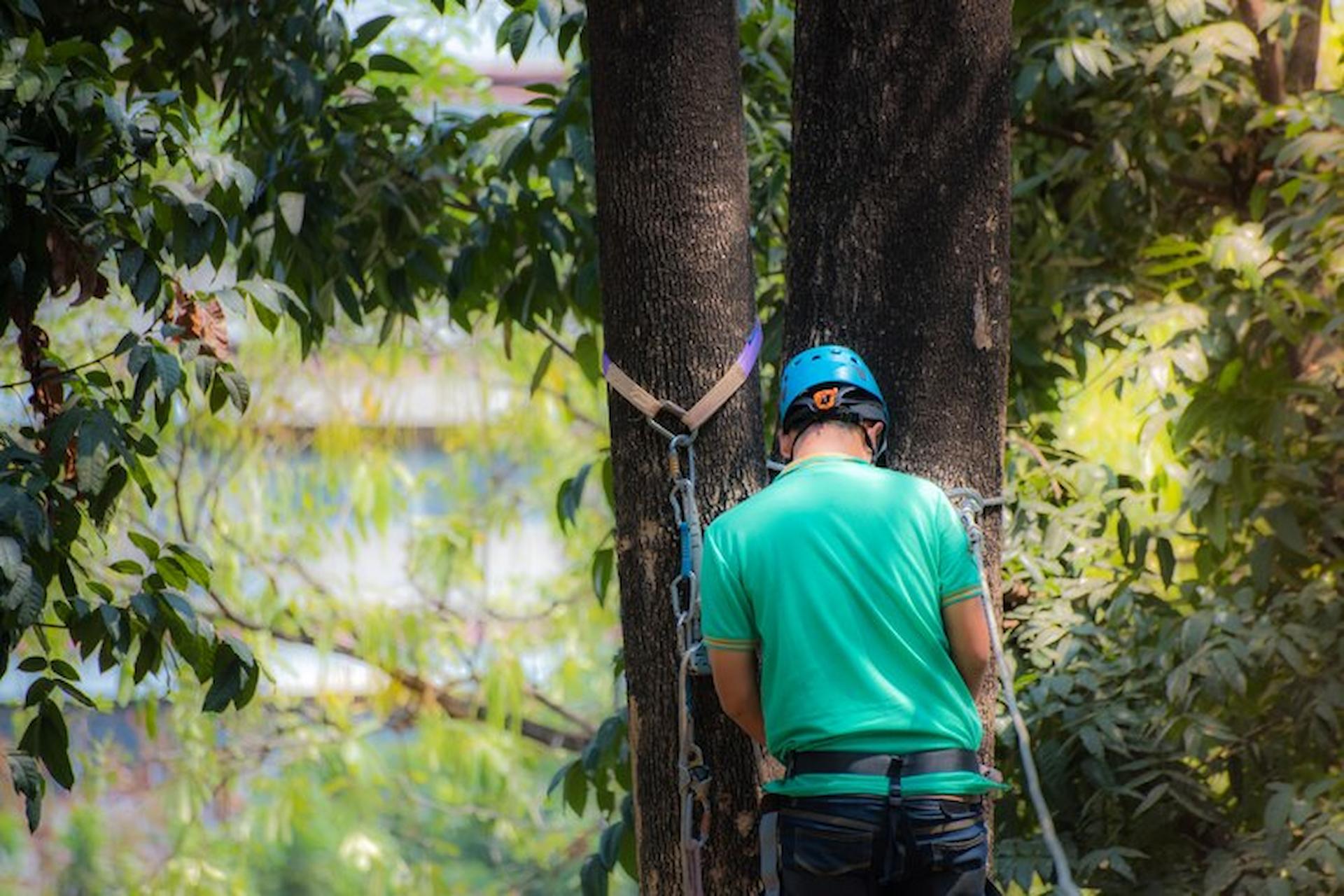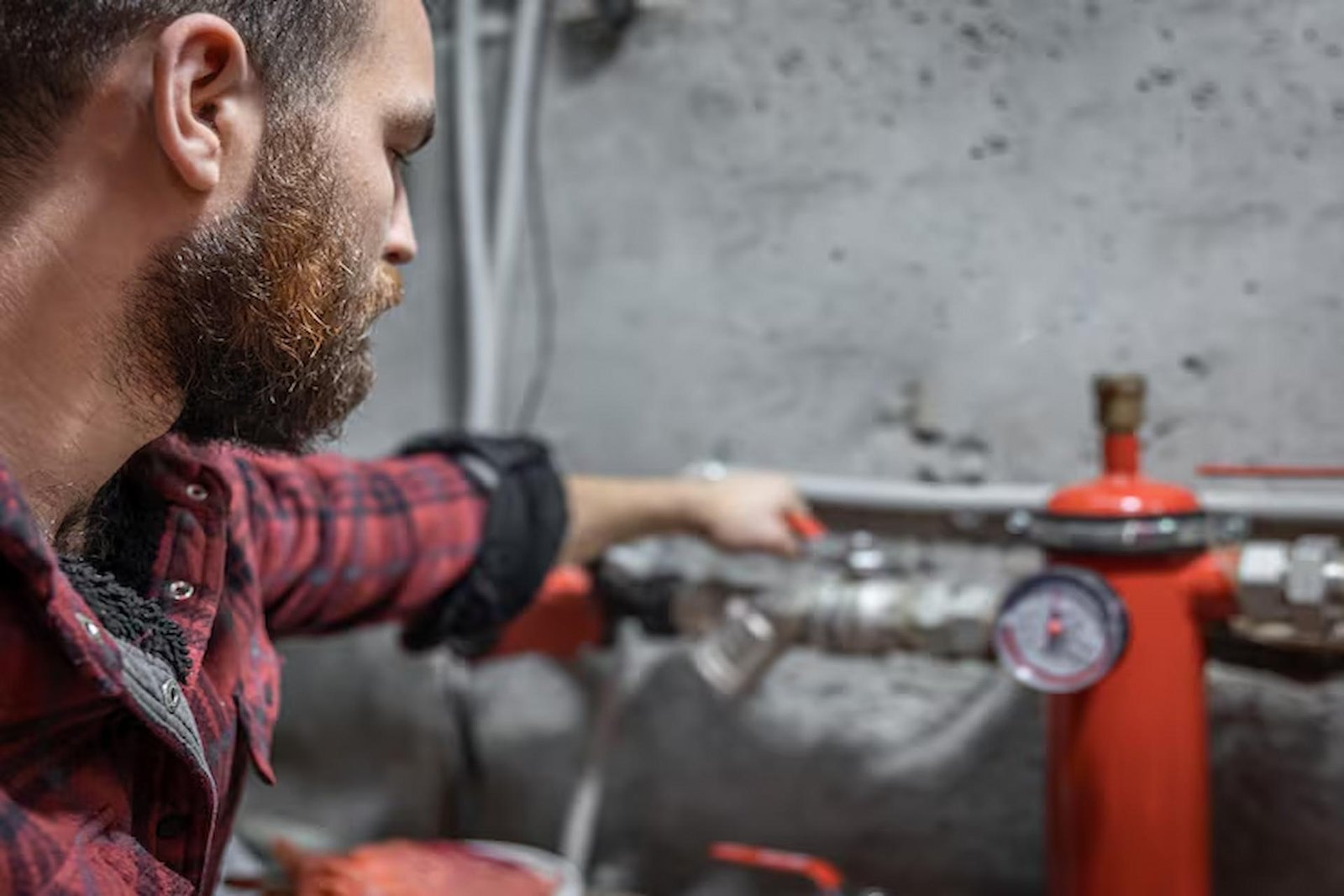Clean water is essential for a healthy life. But how do you ensure your family can access safe, high-quality water daily? This comprehensive guide will help you discover what to look for in your home’s best water filter system.
Water is life, but not all water is created equal. While tap water may appear clean, it often contains hidden contaminants like chlorine, heavy metals, and bacteria that can affect your health over time. A water filter system is the solution to safeguarding your home’s water quality. However, choosing the right one can be overwhelming with so many options on the market. This article simplifies the process by highlighting the critical factors to consider, ensuring you make an informed decision that meets your family’s needs. Let’s dive into the key aspects of selecting your home’s best water filter system.
1. Understand Your Water Quality
Your journey to clean water starts with understanding what’s in your tap water.
- Why It Matters: Different areas have varying water quality issues. Some regions have high chlorine levels, while others may face heavy metal contamination or bacterial presence.
- How to Check: You can conduct a water test using a home testing kit or hire a professional to analyze your water. Common contaminants include lead, nitrates, sediment, and pesticides.
- Impact: Knowing your water’s composition helps you choose a system to address those impurities. For instance, reverse osmosis systems work well for heavy metals, while carbon filters remove chlorine and odors.
2. Consider Installation Type
Water filter systems come in various designs to suit different households.
- Countertop Filters: Easy to install and portable, ideal for renters.
- Under-Sink Filters: A discreet option that fits under the kitchen sink, providing filtered water directly to the tap.
- Whole-House Systems: Filter all water entering your home, protecting not just drinking water but also water for bathing, cleaning, and laundry.
- Pitcher Filters: These are affordable and portable but limited in capacity and filtration power.
Each installation type has its pros and cons. For instance, under-sink filters offer convenience but may require professional installation, while whole-house systems are more expensive but offer complete home protection.
3. Choose the Right Filtration Technology
Understanding the different types of filtration technologies is crucial.
- Key Types:
- Activated Carbon Filters: Ideal for removing chlorine, bad taste, and odor.
- Reverse Osmosis Systems: Removes up to 99% of contaminants, including heavy metals and dissolved solids.
- UV Filters: Effective for killing bacteria and viruses without adding chemicals.
- Sediment Filters: Best for eliminating dirt, sand, and rust particles.
- Match Your Needs: A multi-stage filtration system often combines these technologies for comprehensive protection. Before deciding, consider your primary concerns (e.g., taste, safety, or hard water).
4. Assess Filter Replacement Needs
Every water filter system has maintenance requirements; filter replacement is a key factor.
- Frequency: Filters must be replaced periodically, ranging from every three months to a year, depending on usage and system type.
- Cost: Consider the cost of replacement filters when budgeting for a system. High-end systems may have pricier filters, but they often last longer.
- Ease of Replacement: Opt for a system with user-friendly replacement processes to save time and effort.
Neglecting to replace filters on time can compromise the system’s effectiveness, leading to poor water quality.
5. Look for Certified Performance Standards
Certification ensures that the water filter system meets safety and performance benchmarks.
- Key Certifications:
- NSF/ANSI Standards: Look for systems certified under these standards, which test for contaminant removal, material safety, and structural integrity.
- Water Quality Association (WQA): A Gold Seal certification from the WQA is a sign of reliability.
- Why It Matters: Certified systems are tested rigorously, so you can trust their ability to deliver on claims like removing 99% of contaminants.
6. Evaluate Your Budget and Long-Term Costs
Investing in a water filter system involves upfront costs and ongoing expenses.
- Initial Investment: Prices can vary significantly, from an affordable range for basic pitcher filters to higher costs for advanced whole-house systems.
- Maintenance Costs: Factor in the cost of replacement filters and any additional components like UV bulbs for UV filters.
- Value for Money: Spending more upfront on a high-quality system can save you money in the long run by reducing repair and replacement frequency.
Remember, the best water filter system is not necessarily the most expensive one but the one that fits your needs and budget.
7. User Reviews and Expert Recommendations
Leverage the experiences of others to guide your choice.
- Why Read Reviews: User feedback often highlights real-world advantages and drawbacks of a system.
- Seek Expert Advice: Consult reputable sources like Consumer Reports or water quality experts for unbiased evaluations.
A highly-rated system with positive reviews across multiple platforms will likely meet your expectations.
Conclusion
Clean, safe water is a non-negotiable necessity for every home. With countless options available, choosing the right water filter system can feel overwhelming, but focusing on key factors simplifies the process. Start by understanding your water quality, then match it with the appropriate filtration technology and system type. Don’t forget to consider installation, maintenance, and certification standards to ensure you invest in a reliable and efficient system. You’ll find the best water filter system that fits your family’s needs by evaluating user reviews and budget considerations.
A water filter system isn’t just an appliance—it’s an investment in your family’s health and well-being. Take the first step today and enjoy the peace of mind with clean, safe water.






